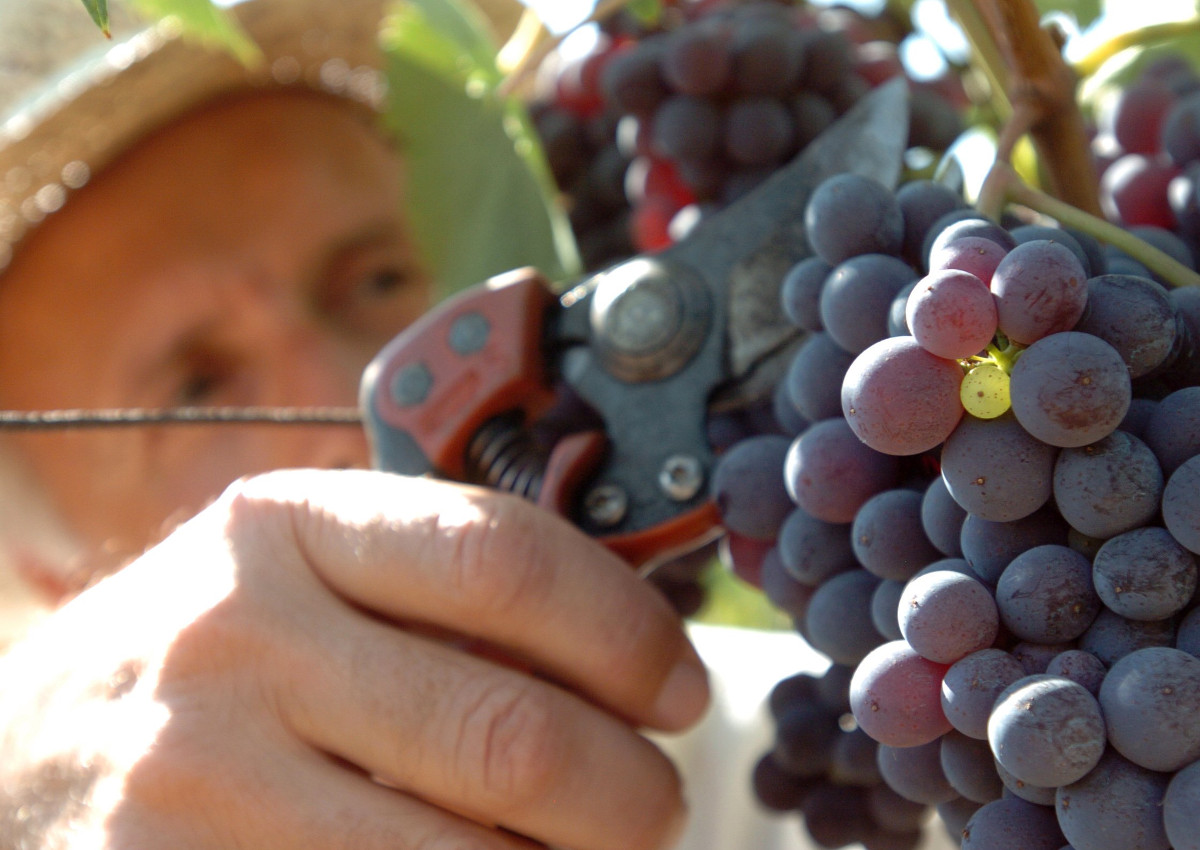The EU Commission has launched the opening of ‘green lanes’ for the free movement of agricultural workers within the European Union to ensure agricultural production and food supplies to families. This is what the Italian farmers association, Coldiretti, asked given the problems in finding workers to harvest fruit and vegetables – due to the spread of coronavirus pandemic throughout Europe.
The president of Coldiretti Ettore Prandini commented positively on the EU’s government’s measures to establish specific procedures to facilitate the passage of these workers at the borders – in the framework of the guidelines for the free movement of workers during the coronavirus emergency.
EU DECISIONS ABOUT AGRICULTURAL WORKERS
The EU Commission has recognized that some economic sectors, starting with agriculture, depend to a large extent on seasonal workers who “perform critical harvesting, planting or care functions” and for this reason “urged Member States to establish specific procedures to ensure smooth passage” to these people specifying that a technical committee on free movement of workers will also be activated to identify the best solutions to be extended to all Member States to enable workers to operate “without undue hindrance”.
SEASONAL WORKERS: THE CONSEQUENCES OF CORONAVIRUS ON AGRICULTURE
According to Coldiretti’s estimates, after the closing of the borders in the European Union almost a million seasonal workers are missing for the upcoming harvesting campaigns in the countryside of the main agricultural countries. The EU risks losing food self-sufficiency this year as well as its posotion of world’s leading exporter of food – worth 151.2 billion euros.
All the main agricultural countries of the European Union rely on workers from other countries. In France there are an estimated 200 thousand Romanian, Polish, Tunisian and Moroccan seasonal workers who contribute to the harvest every year while, in the UK, farmers are struggling to find people to harvest raspberries and potatoes. In Germany, a gap of about 300 thousands positions left by Polish and Romanian seasonal workers must be filled. Spain lacks 10 thousand Moroccan seasonal workers involved in harvesting strawberries.
THE ITALIAN AGRICULTURAL EMERGENCY
The most worrying situation, however, concerns Italy where more than a quarter of food production is at risk. In fact, 370 thousand regular workers arrive every year from abroad providing 27% of the total number of working days necessary for the agricultural sector.
The largest foreign community of agricultural workers in Italy is the Romanian one with 107,591 employees, ahead of Moroccans (35,013), Indians (34,043), Albanians (32,264), Senegaleses (14,165), Poles (13,134), Tunisians (13,106), and Bulgarians (11,261). The Italian Minister of Agriculture Teresa Bellanova has decided to extend expiring residence permits for seasonal workers.

